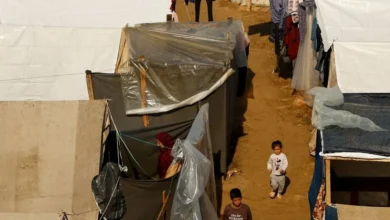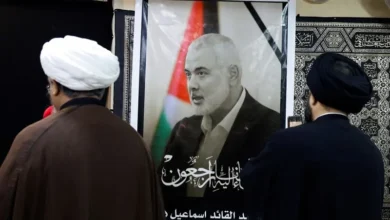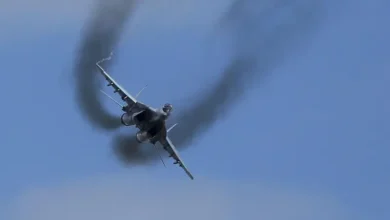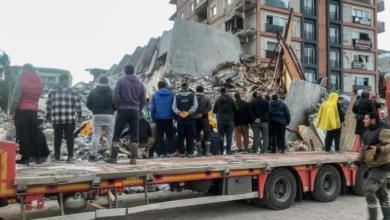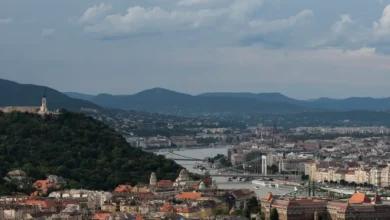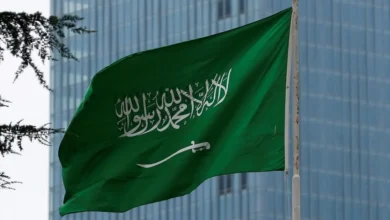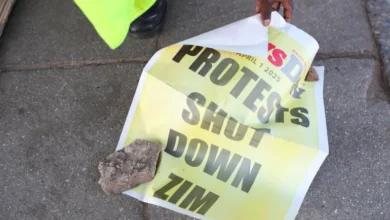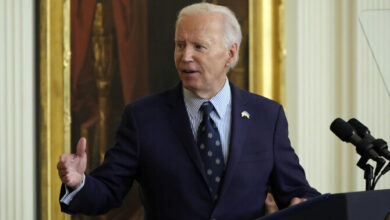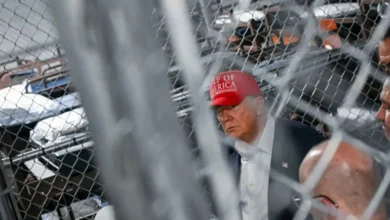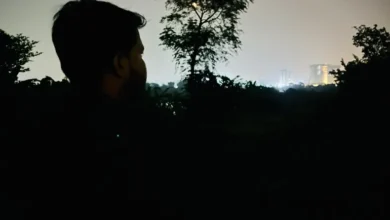South Korean authorities halt bid to arrest Yoon after hours-long standoff
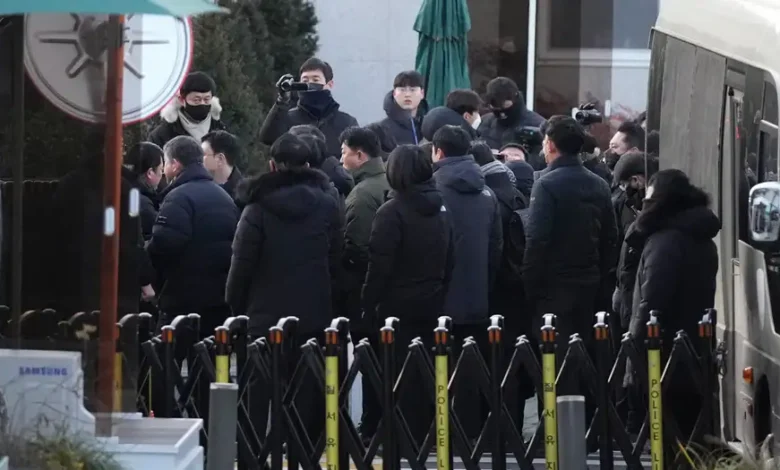
South Korean authorities have suspended an attempt to arrest impeached President Yoon Suk-yeol after an hours-long standoff with his security team inside Yoon’s compound in the heart of Seoul.
The Corruption Investigation Office for High-ranking Officials (CIO) said on Friday that it had decided to halt its bid to detain Yoon over his short-lived declaration of martial law after the Presidential Security Service (PSS) blocked its investigators from entering his residence.
“Regarding the execution of the arrest warrant today, it was determined that the execution was effectively impossible due to the ongoing standoff. Concern for the safety of personnel on-site led to the decision to halt the execution,” the CIO said in a statement.
Investigators arrived at Yoon’s compound early on Friday morning to detain the embattled leader as part of a probe into alleged insurrection and abuse of power related to his brief imposition of martial law on December 3, which plunged the East Asian nation into its deepest political crisis in decades.
But PSS chief Park Jong-joon denied investigators entry to Yoon’s residence, citing restrictions on access to locations potentially linked to military secrets, the state-funded Yonhap News Agency reported.
The CIO and police were outnumbered by cordons of PSS personnel, as well as soldiers seconded to presidential security, a CIO official told reporters. As many as 200 formed a human chain to block the CIO and police, the official added.
Speculation about when and how authorities would take Yoon into custody has swirled since a Seoul court earlier this week granted prosecutors’ request for an arrest warrant.
The arrest warrant is viable until January 6 and gives investigators only 48 hours to hold Yoon after he is arrested. Investigators must then decide whether to request a detention warrant or release him.
Yoon’s security detail previously blocked investigators from executing several search warrants directed at the president.
If arrested, the conservative leader would be the first sitting president to be detained in South Korean history.
Before the CIO’s announcement, Yoon Kap-keun, a lawyer for Yoon, said that investigators were acting outside their authority and the law.
The interim head of Yoon’s People Power Party later welcomed the suspension and said the investigation must be carried out without detaining Yoon.
The liberal opposition Democratic Party had called on Acting President Choi Sang-mok to order the presidential security service to stand down, with lawmaker Jo Seung-lae saying it was the interim leader’s responsibility to prevent “further chaos”.
“Do not drag the upright staff of the Presidential Security Service and other public officials into the depths of crime,” Jo said.
South Korea’s joint investigation unit was probing the chief and vice-chief of the presidential security service over charges of obstruction of justice after it failed to execute the arrest warrant, the Yonhap news agency reported later on Friday.
The two have been summoned for questioning on Saturday, the report added
In a defiant New Year’s message to supporters gathered outside his residence, Yoon pledged to “fight until the end to protect this country together with you”.
Yoon has defended his brief martial law decree as legal and necessary, citing the need to “eradicate pro-North Korea forces” and investigate unsubstantiated claims of election fraud.
Braving freezing temperatures, thousands of Yoon’s supporters have rallied outside his compound in recent days to demand an end to the investigation and the reversal of his impeachment.
“President Yoon Suk-yeol will be protected by the people” and “Illegal warrant is invalid”, protesters chanted on Thursday.
Authorities have deployed about 2,700 police and 135 police buses in the area to prevent violence between pro and anti-Yoon protesters, Yonhap reported.
If found guilty of insurrection, one of the few crimes for which a sitting president does not enjoy immunity from prosecution, Yoon faces severe penalties, including life imprisonment and the death penalty.
Yoon, who served as the nation’s top prosecutor before entering politics, has been suspended from his duties since December 14, when the National Assembly voted 204-85 for his impeachment.
